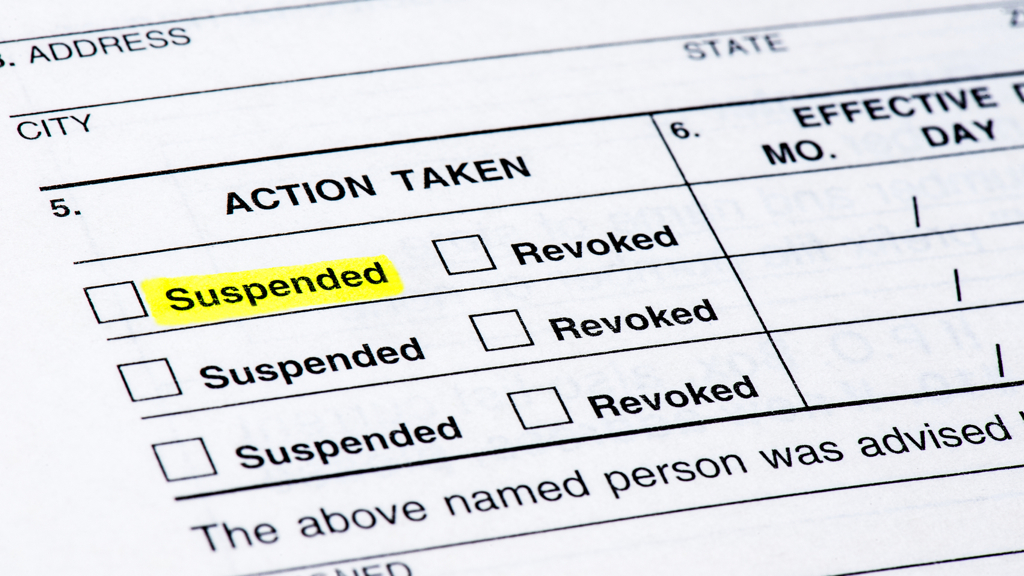The Virginia Department of Motor Vehicles has confirmed that on any given day over 900,000 drivers–or “customers,” as the DMV calls them–have suspended licenses for failure to pay court costs and fines. Right now, the number is closer to 940,000, or nearly 11 percent of the overall state population of 8.4 million.
These are not drivers who have have had their licenses revoked for reckless-driving infractions, driving under the influence, or failing to pay child support. In fact, infraction-based losses account for only 309,185 suspensions, barely 25 percent of the overall number of suspensions.
There is a class-action lawsuit against the commissioner of the Department of Motor Vehicles currently making its way through the US District Court for the Western District of Virginia. The four named plaintiffs belong to the 75 percent being “punished” by a license-for-payment scheme that has led many people to acquire more than one suspension order at a time. They are all indigent and they have all received fines and payment schedules that do not take into account their inability to pay.
“Research has consistently found that having a driver’s license can be crucial to an individual’s ability to maintain a job, pursue educational opportunities, and care for family,” lawyers have argued, relying on a Justice Department report. The Brookings Institute has estimated only 26.5 percent of all jobs in Richmond, for example, are “accessible by public transportation within 90 minutes of travel time.” In Virginia Beach, the commonwealth’s most populous city, that figure falls to 15 percent.
According their Fines and Fees Report for the 2014 fiscal year, court clerks in Virginia assessed $618.8 million in fines and fees, more than double the $281.5 million assessed 16 years earlier. By comparison, the fees actually collected have risen much less quickly, from $192.2 million in 1998, to $258.6 million in 2014. Attorneys bringing the lawsuit, including the Legal Aid Justice Center, have argued that the license-for-payment model currently in use in Virginia violates plaintiffs’ due process and the Equal Protection Clause.


















